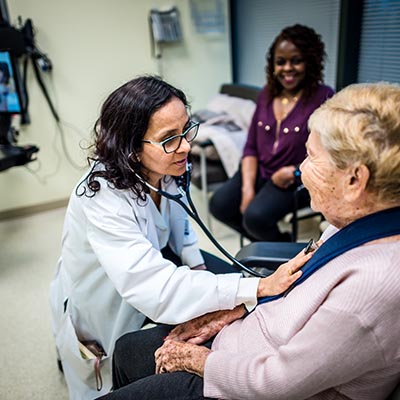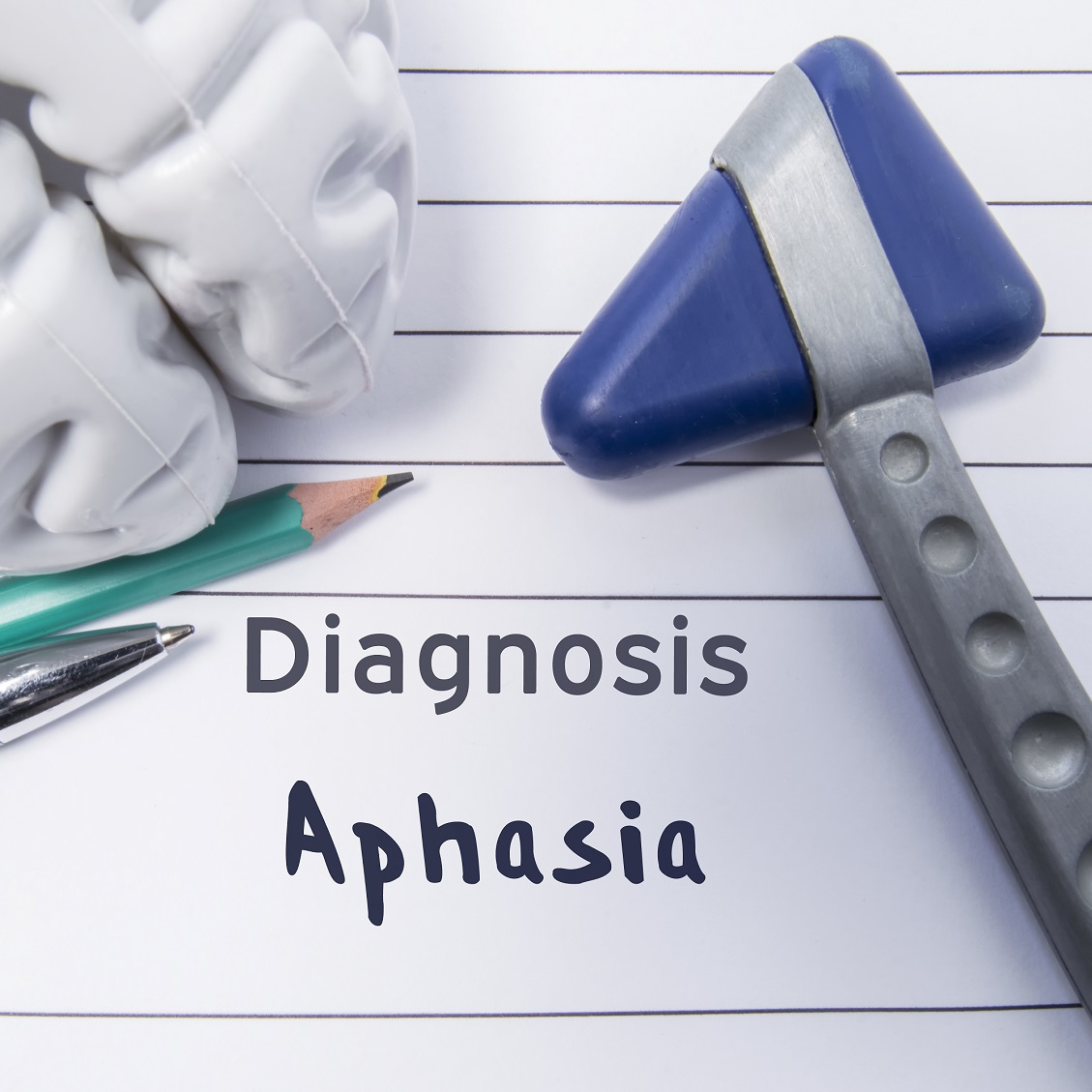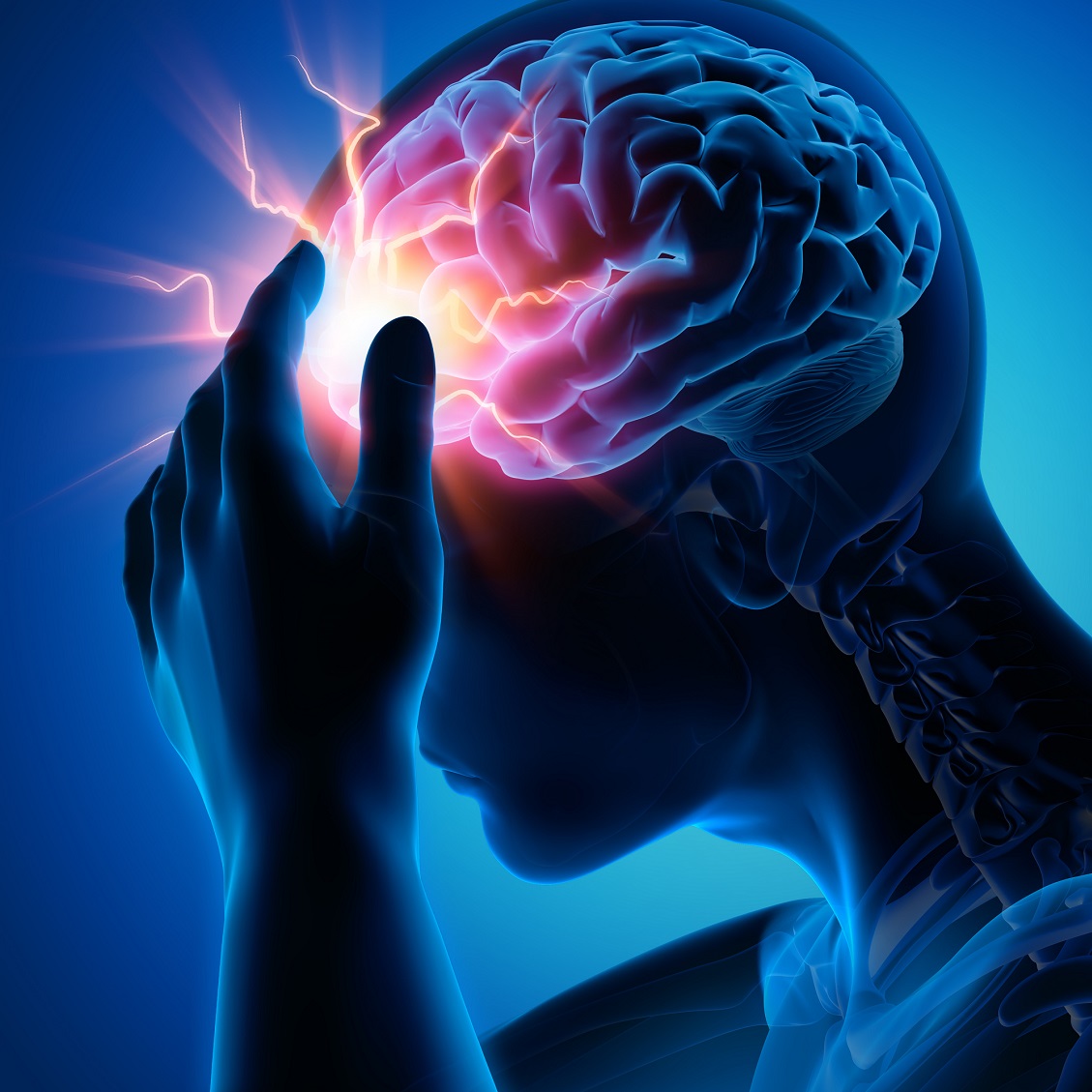4 Steps for Diagnosing Dementia

August 08, 2022
We all occasionally miss a turn when driving or need to retrieve the pasta box from the recycling bin to double-check the cooking time. But if you or a loved one gets lost driving long-familiar routes or struggles with preparing a recipe that’s been in heavy rotation for years, it may be time for a cognitive assessment.
Manisha Parulekar, M.D., director of the Division of Geriatrics and co-director of the Center for Memory Loss and Brain Health at Hackensack University Medical Center, explains that there are a number of red flags that signal a possible progression from normal forgetfulness to dementia.
According to the Alzheimer’s Association, those are:
- Memory loss that disrupts daily life
- Challenges in planning or solving problems
- Difficulty completing familiar tasks
- Confusion with time and place
- Trouble understanding visual images and spatial relationships
- New problems with words in speaking or writing
- Misplacing things and losing the ability to retrace steps
- Decreased or poor judgment
- Withdrawal from work or social activities
- Changes in mood or personality
“If you or your loved one is concerned about your memory, it is helpful to discuss this with your doctor,” Dr. Parulekar says. “Early recognition and intervention can help slow down the dementia process.”
Dr. Parulekar explains the steps in diagnosing dementia or cognitive decline:
Step 1: See Your Primary Care Doctor
If you see possible signs of early dementia in yourself or a loved one, there are simple screenings that primary care providers (PCPs) can perform. Your PCP will perform a mini mental status exam or other in-office screening where they will ask you a series of questions and to perform some simple tasks.Dr. Parulekar does not currently recommend web-based screenings. “They are still a work in progress and of varying quality,” she says. “However, if you choose to do an online assessment, bring the results to your doctor as a starting point for discussion.”
Step 2: See a Specialist
If your PCP is concerned by the results of your cognitive screening, the next step is to make an appointment with a neurologist or a multidisciplinary center such as the Center for Memory Loss and Brain Health. There, specialists will perform or order screenings including:
- Blood draws for labs including checks for thyroid, kidney and vitamin deficiencies
- Imaging to look for vascular and brain abnormalities
- Hearing and vision tests
- A thorough review of your medications
- Tests to see how well existing chronic conditions such as diabetes and hypertension are controlled
- Screenings for depression, anxiety, substance abuse and other mental health conditions
- If sleep issues are identified, a sleep study
- For some, an in-depth neuropsychology exam
“We look at everything and determine if there is a problem and, if so, if it’s something that can be reversed,” says Dr. Parulekar. “Something as simple as hearing impairment or vision issues can present as dementia or make existing dementia worse. Sometimes a change in medication, managing a metabolic abnormality caused by a medical condition, treating a vitamin deficiency, or improving sleep or blood flow is instrumental in improving cognition.
Step 3: Diagnosis
If cognitive issues are identified that cannot be explained by one of the factors above, a diagnosis of dementia, such as Alzheimer’s disease, Lewy body, frontotemporal dementia or other condition may be made. The earlier in the course of the disease a diagnosis is made, the sooner treatment to slow the progression can begin.Step 4: Treatment
“While there are limited treatment options for dementia available, there are two classes of medications that can slow progression,” says Dr. Parulekar. “Attention to diet and exercise, managing chronic conditions, quitting drinking and smoking, and treating depression and anxiety can also help.”“We often think about dementia as a disease of older adults. We know now the process starts early on, so if we want to protect our brain, we should start in our 40s and 50s. Don’t wait until you are in your 70s or 80s, or until warning signs appear to start getting better sleep or control your chronic conditions.”
Next Steps & Resources:
- Meet our source: Manisha Parulekar, M.D.
- To make an appointment with Dr. Parulekar or a geriatric medicine specialist near you, call 800-822-8905 or visit our website.
- Learn more about the Center for Memory Loss and Brain Health where neurologists, geriatricians and other multidisciplinary specialists work as a team to manage every aspect of your care.
The material provided through HealthU is intended to be used as general information only and should not replace the advice of your physician. Always consult your physician for individual care.
Dementia vs. Alzheimer’s Disease

Many people who are caring for an aging relative struggle to understand the key signs and differences between dementia and Alzheimer's. Our geriatric expert explains.
Can Speech Therapy Help with Aphasia?

Speech-language pathologist discusses aphasia symptoms and causes — and how speech therapy can help.

Get Sharp: Here’s How You Can Boost Your Brain Health
We recently spoke to Neurology Division chief, Tommasina Papa-Rugino, M.D., of Southern Ocean Medical Center, and asked one simple question, is it possible to train your brain to function better?

Is Magnesium Good For Relaxation & Sleep?
Blackout curtains, limiting screen time before bed or cutting down on caffeine, there are tons of recommendations for better sleep hygiene to help with a better night’s sleep, but what about magnesium?

How Isolation Affects Cognition
Social isolation can cause significant stress, leading to depression and cognitive problems.

Can Brain Injury Change Your Personality?
Brain injuries may cause changes in neurological processes responsible for regulating feelings and behaviors, leading to personality changes